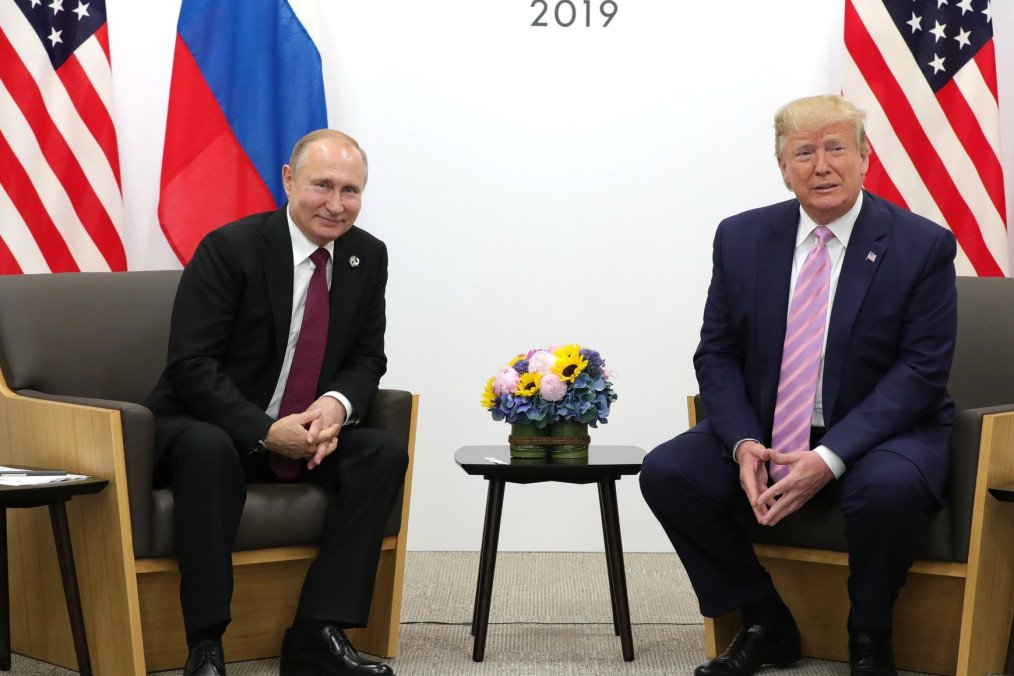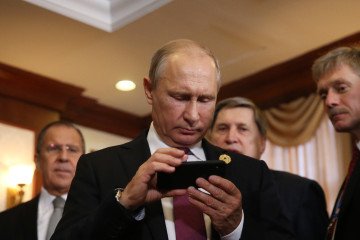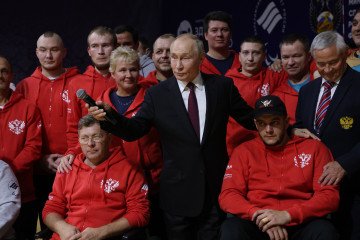- Category
- Latest news
Moscow Seeks Separate Bilateral Talks With Trump, Excluding Ukrainian Agenda, Russian Diplomat Says

The Kremlin is aiming to extract maximum strategic and political benefit from US President Donald Trump’s stated desire to end the war in Ukraine “as quickly as possible.”
According to The New York Times on March 24, while Trump has expressed interest in negotiating a ceasefire, Moscow reportedly sees this as an opportunity to pursue broader geopolitical and economic goals without altering its military objectives.
Citing unnamed Russian and American officials, the report states that US–Russia talks are scheduled to continue on March 24 in Saudi Arabia. The negotiations are expected to focus on technical aspects of a partial ceasefire, specifically targeting an end to strikes on energy infrastructure and naval vessels in the Black Sea.
While Ukraine has declared readiness for a full ceasefire, Russian leader Vladimir Putin has indicated that any progress will be contingent on securing a wide range of concessions.
Interviews conducted by The New York Times with senior Russian foreign policy figures at the Raisina Dialogue security conference in New Delhi suggest that Moscow views talks on Ukraine and on US–Russia relations as two separate tracks.
-e32dbbd9f523c857652f8cb2759eb32c.png)
Putin, they say, remains committed to a decisive outcome in Ukraine but is open to negotiations with Washington as a means to achieve long-term strategic advantages.
Vyacheslav Nikonov, deputy chairman of the State Duma’s foreign affairs committee, told the newspaper that Trump and Putin are developing a “bilateral agenda” unrelated to Ukraine. “The offensive continues,” Nikonov said, adding that “for Putin, relations with the US are more important than Ukraine itself.”
Moscow reportedly believes that improved ties with Washington could deliver practical benefits — from spare parts for Boeing aircraft to potential reductions in NATO’s military presence in Europe. However, it remains unclear whether Trump would use Moscow’s expectations as leverage to secure more favorable terms for Ukraine or whether he might reconsider his position should talks stall.
According to The New York Times, Putin has shown no sign of abandoning core demands, including a guarantee that Ukraine will not join NATO, limitations on Ukraine’s armed forces, and a degree of influence over its domestic policy. Kremlin officials have also signaled openness to a potential UN peacekeeping mission, provided it does not involve NATO forces.
The report concludes that Russia is engaged in two parallel negotiations: one concerning its war in Ukraine, and another aimed at resetting relations with the United States.
Earlier, The Times reported that for nearly three decades, Vladimir Putin has used flattery, deception, and psychological tactics to influence US presidents — from Bill Clinton to Donald Trump — while showing open disdain for Barack Obama and Joe Biden.
Drawing on his KGB background, Putin reportedly isolated Clinton during a 1996 visit to St. Petersburg and later cultivated personal rapport with George W. Bush and Trump. Meanwhile, former officials said his political instincts were shaped more by 1990s criminal networks than intelligence training.


-72b63a4e0c8c475ad81fe3eed3f63729.jpeg)
-a083fcdedd4caa1998c9ea099b5016e2.jpg)



